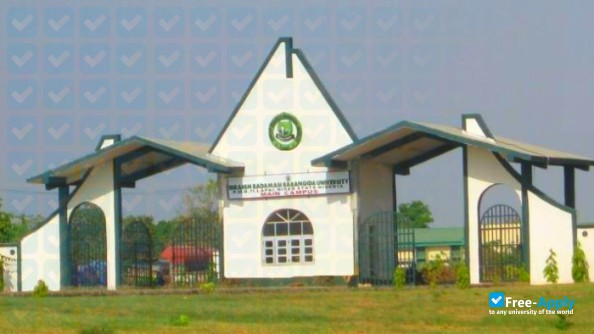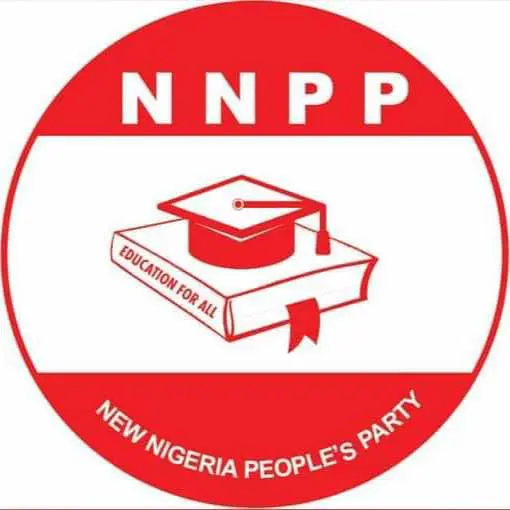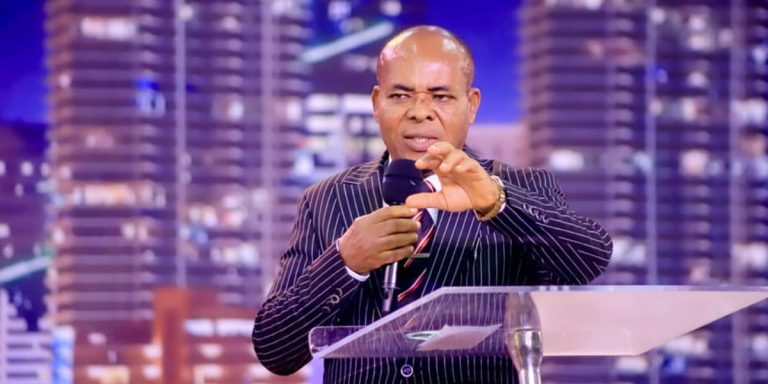Judges’ Withdrawal from Kanu’s Trial Raises Concerns
The ongoing trial of Nnamdi Kanu, the leader of the Indigenous People of Biafra (IPOB), has been marred by a series of judges’ withdrawals, raising concerns about the fairness and effectiveness of the legal process.
According to reports, three judges have recused themselves from Kanu’s trial since its inception in 2015. The latest judge to withdraw was Justice Binta Nyako, who cited a lack of confidence in her ability to continue handling the case.
Kanu’s lead counsel, Aloy Ejimakor, has described the judges’ withdrawals as evidence of the judiciary’s struggle to come to a verdict that Kanu committed any real offense. Ejimakor argued that the continuous delays and inconsistencies in the trial have created complexities that are not supposed to be allowed in a society governed by the rule of law and fundamental fairness.
"It is clear that the judges are having a hard time or a conflict with coming to a verdict that Kanu committed any real offense," Ejimakor said. "The Supreme Court’s decision to acquit Kanu of the 15-count charges against him and the Court of Appeal’s ruling that the charges were illegal and unlawful only add to the complexities in the case."
Ejimakor also highlighted the need for Kanu to be treated in accordance with the constitution, saying that if the Supreme Court had restored Kanu’s bail, judges wouldn’t need to step down. He added that the government has a right to discontinue the trial if it becomes an albatross and a blight that makes the administration look bad.
On the other hand, activist lawyer Madubuachi Idam suggested that a fair trial would resolve the issues surrounding Kanu’s case. Idam argued that the state’s delays in prosecuting Kanu have contributed to the protracted nature of the trial, saying that a just and speedy trial would be in the best interest of all parties involved.
The controversy surrounding Kanu’s trial has sparked calls for a political solution to the case. Ejimakor noted that Kanu’s case is still open to both political and judicial solutions, saying that the legal team is working quietly to ensure that Kanu’s case is treated in accordance with the Constitution, equity, and good conscience.
Idam also suggested that President Bola Tinubu might be considering a political solution, saying that the president has not made a concrete statement on Kanu’s case since taking office. Idam advised Tinubu to take advantage of his power and enter a Nolle prosequi for Kanu’s case, citing the need to end the matter and avoid further polarizing the polity.
As the controversy surrounding Kanu’s trial continues to unfold, it remains to be seen whether a political solution will be pursued or if the legal process will be allowed to run its course. One thing is certain, however: the judges’ withdrawals have raised concerns about the fairness and effectiveness of the legal process, and a solution must be found to resolve the case in a way that is just and equitable for all parties involved.



